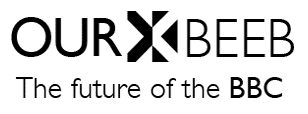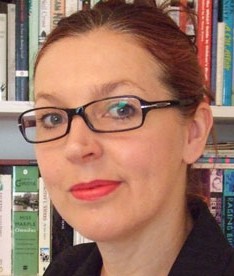Provide access to our ‘living history’
by Virginia Haworth-Galt
The BBC, established to ‘inform, educate and entertain’ us, has effectively created a multi-faceted audio-visual history of us and for us. The important events and the apparently insignificant details of our lives are encapsulated within the mass of BBC-generated content. Examination of this content also reveals the absences, the prejudices and the misrepresentations layered within our audio-visual history.
For almost a century our living history has been played out via BBC content on the radio, on television and digitally, and has been paid for by our licence fee. This shared history has been captured within our news, dramas, documentaries, light-entertainment, monarchs’ speeches and party political broadcasts. BBC content, contained within the BBC archive, provides an ongoing record of our ideas, our discords, and our identity.
BBC content, and the rich and invaluable data and information that surrounds it, is a truly dynamic source material which can be subject to continuous re-examination and review. This material can support curriculum development and delivery and inform all areas of academic study and research. This vast audio-visual collection is a vital resource and should be freely accessible to all. The archive needs to be made available and discoverable so that schools, colleges and universities can seamlessly integrate it within teaching, learning and research.
The place to make this audio-visual archive publicly available is the ‘Digital Public Space’ because, as Tony Ageh (Controller of Archive Development at the BBC) outlined earlier this year, “the ‘Digital Public Space’ is intended as a secure and universally accessible public sphere through which every person, regardless of age or income, ability or disability, can gain access to an ever growing library of permanently available media and data held on behalf of the public by our enduring institutions”.
In summary the BBC needs to carry on creating world class content which will continue to document our history and, in order to share this unparalleled resource, the BBC needs to be at the forefront of creating a safe, secure and easily accessible ‘Digital Public Space’.
Virginia Haworth-Galt is the CEO of the British Universities Film and Video Council.
Why vote? We will feed in readers' favourite ideas to the government's consultation on the future of the BBC, and profile them heavily in the media. We believe the debate over the BBC's future is too narrow and focused on cuts - it's missing strong, positive ideas about what public broadcasting can and should be. By voting, you can have your say on what those ideas should be - and if you've got your own, share them with us→




